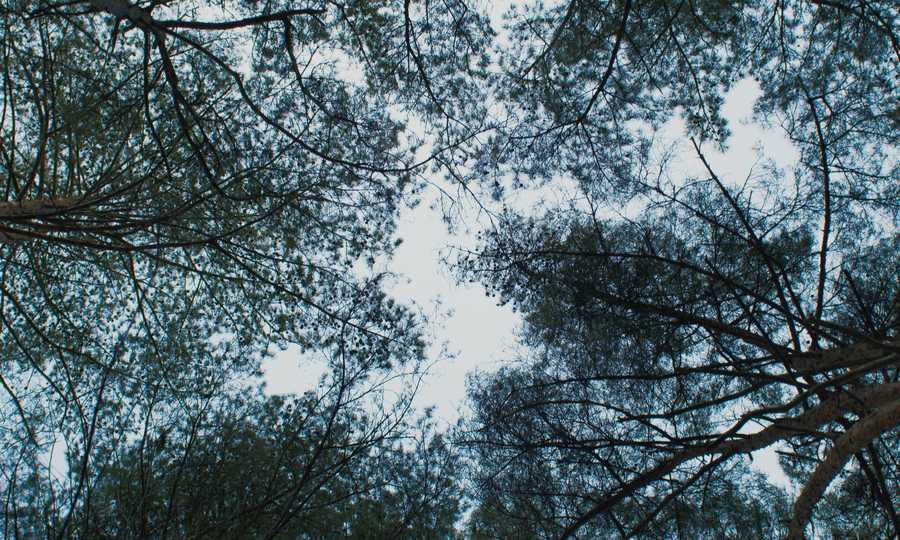While Ryusuke Hamaguchi’s Evil Does Not Exist doesn’t cast a spell as strongly as his Oscar-winning hit Drive My Car, it is a thought-provoking film well worth seeing for anyone with an interest in ecology or a penchant for subtle thrillers.
Hitoshi Omika plays Tamuki, a widowed dad who spends his days looking after his young daughter and doing odd jobs in Mizubiki, a village high in the mountains but only a few hours away from Tokyo. Its rural isolation – deer wander in the woods nearby, drinking water comes from a well – means that life is pretty simple for the locals. Tamuki’s little daughter Hana can wander home alone through the forest after school without concern for her safety.
All of this is about to change. Two young Tokyo sophisticates arrive with a mission to set up a glamping site in the woods for jaded city folk.The land has already been acquired and they expect to meet little opposition from the villagers who will, they argue, benefit from this new business.
The Tokyo entrepreneurs, who go by the name of Playmode, claim that their plans for an ecotourism resort will please everyone. But Tamuki is rightly sceptical about the impact the proposed development will have on the villagers' lives. The stage is set for a battle for their hearts and souls.
Evil Does Not Exist was originally conceived as a shorter, silent film, designed to be a visual accompaniment to a live performance by Hamaguchi’s regular composer, the singer-songwriter Ishibashi Eiko. The director has used some of the footage and Eiko’s superb music to craft an intriguing if occasionally didactic narrative. The villagers aren’t naïve peasants impressed by the big city proposals, nor are they NIMBY-arguing traditionalists obsessed with maintaining ancient ways – the village itself was only established after World War II. Several of the residents moved to Mizobiki precisely to get away from the bustle and pollution of Tokyo and worry that the water they depend on will be affected by the development upstream. Others worry that in a region beset by forest fires, careless campers will increase the risk with their barbecues. Even the Playmode salespeople themselves aren’t straightforwardly cynical urbanites, hell-bent on hustling the locals with their glamping plan. As as tensions mount, one of them begins to show signs of going native.
Several of the residents moved to Mizobiki precisely to get away from the bustle and pollution of Tokyo and worry that the water they depend on will be affected by the development upstream. Others worry that in a region beset by forest fires, careless campers will increase the risk with their barbecues. Even the Playmode salespeople themselves aren’t straightforwardly cynical urbanites, hell-bent on hustling the locals with their glamping plan. As as tensions mount, one of them begins to show signs of going native.
Films like Evil Does Not Exist and the recently released Monster give Western audiences a glimpse of the struggles that exist in modern Japan and present a far more complex picture of its society than the sugary idealisation of Wim Wenders's Perfect Days.
Hamaguchi blindsides the audience with an ending seemingly out of kilter with what we’ve seen before. It may come as a shocking twist, and leave audiences baffled as to where its violence came from, but it’s all the more reason why Evil Does Not Exist deserves more than one viewing. Hamaguchi remains a director to follow.















Add comment